Introduction
As age advances, knee joint discomfort and knee joint pain become a common issue in individuals due to injury, arthritis, and inflammation at the same time. People seeking relief from irritating symptoms without the side effects of mainstream medicine often seek herbal cures and natural treatments. Everyday foods like bananas and eggs, as well as powerful herbs such as turmeric and Boswellia, can soothe knee joint pain or contribute toward healthier joints.
https://valuablerecipe.com/natural-recipe-for-adhd/
People often ask, “What is the most powerful herbal cure for knee Joint pain?” or “What can I do right now for my knee joint pain that will help me feel relief this second?” These questions indicate an interest in nature-based options for solving pain problems.
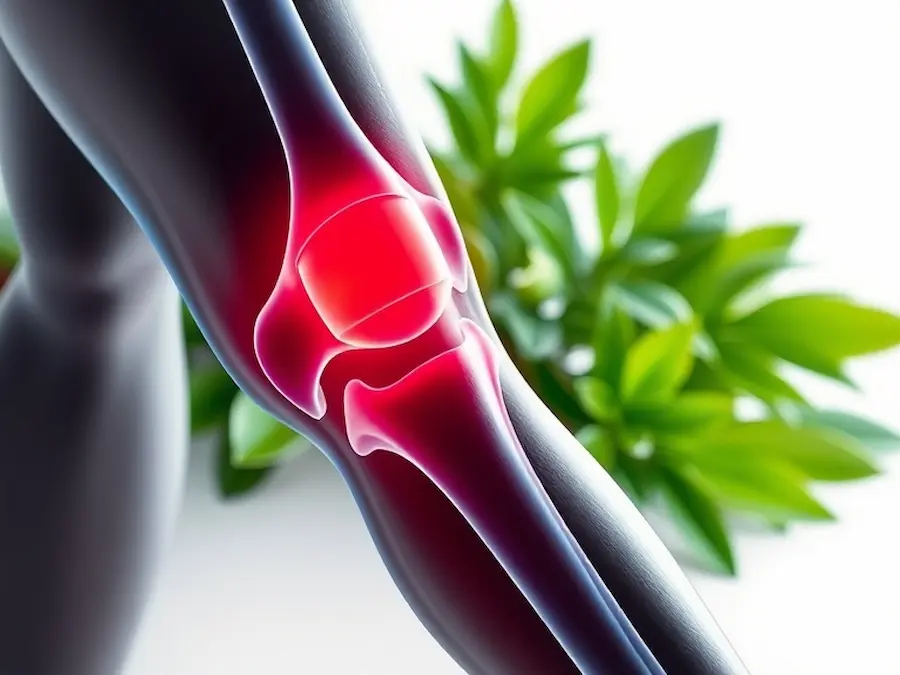
In the following, we investigate some of these, guided by evidence-based herbal remedies for knee pain, and give insight into foods that will further lubricate your joints naturally while also being anti-inflammatory to help you heal faster.
Real-Time Statistics on Knee Pain
| Statistic | Global Impact | Source |
| Number of people with knee pain | 1 in 4 adults suffer from chronic knee pain globally | Harvard Health |
| Osteoarthritis prevalence worldwide | Over 250 million people affected | healthdata.org/research-analysis/gbd
|
| The annual cost of knee surgeries in the U.S. | $28.5 billion in healthcare costs | American Academy of Orthopaedic Surgeons (AAOS) |
| Effectiveness of turmeric for knee pain | 67% reduction in knee pain symptoms with turmeric usage | NIH Study |
| Impact of diet on arthritis pain | 80% of patients report reduced symptoms with the anti-inflammatory diet | Healthline |
The Ultimate Guide to Natural Remedies & Dietary Changes for Knee and Joint Pain Relief
While most people have knee joint complications and problems, they also create various other factors that folks must address through official treatment or help with changes in nutrition. Questions like, “What’s the best Natural herb for knee joint Pain alleviation?” What are the best fruits to heal knee joint pain? Edges of truth that make you think twice, and “Which fruit is good for muscles? Injuries. Indicate an increased awareness of integrative care. Studies have suggested that herbs like turmeric (often referred to as the golden herb for arthritis) and omega-3 fatty acid-rich foods, for example, walnuts and flax seeds, are essential in limiting inflammation whilst protecting knee joints.
https://valuablerecipe.com/10-cure-herbal-remedies-that-boost/
It is also essential not to eat specific types of food, which can only worsen the symptoms. Research supports that certain foods, such as processed goods and excess sugar (to name a few), can exacerbate knee joint pain. Still, other anti-inflammatory whole foods, like berries or leafy greens, are thought to provide relief.
In addition to diet choices, the next most common thing we get asked about is natural oils or home remedies that can provide immediate relief. Regardless of whether you are searching for a beautiful vitamin designed to help with knee joint discomfort or maybe an outstanding herb created to be taken digestively, using natural remedies alongside food selections can substantially help in dealing with joint pain.
Real-Time Statistics on Joint Pain Management and Natural Remedies
| Statistic | Global Impact | Source |
| People affected by arthritis worldwide | Over 350 million people globally suffer from arthritis | World Health Organization (WHO) |
| Impact of turmeric on joint pain | 67% reduction in pain and inflammation with turmeric use | NIH Study |
| Omega-3s in managing arthritis | 30% decrease in joint pain with an omega-3-rich diet | Arthritis Foundation |
| Worst foods for joint pain | Processed foods, sugar, and red meat increase arthritis symptoms | Healthline |
| Herbs for arthritis relief | Ginger, turmeric, and cinnamon significantly reduce joint pain | Medical News Today |
Home Treatments Using Natural Oils to Soothe Knee Joint Discomfort
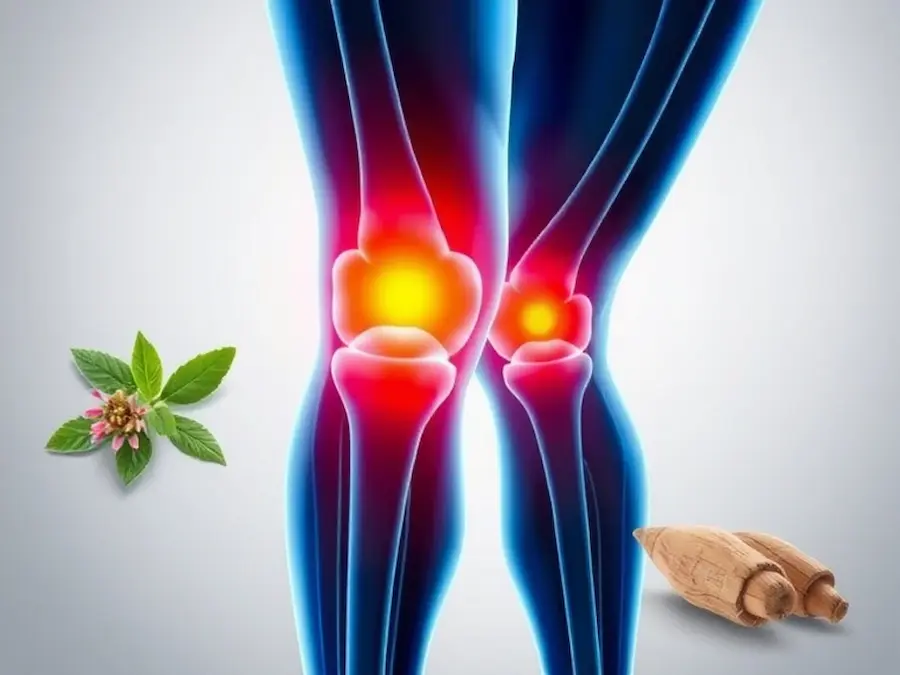
Natural oil home remedies to calm knee Joint Pain can be easily covered with the help of natural methods along with essential oils; these do not have any side effects, such as over-the-counter (OTC) medicines. For example, eucalyptus and peppermint oils are two of the most common. Eucalyptus oil contains anti-inflammatory terpenoids, and reducing swelling can ease joint pain.
The product helps alleviate knee stiffness and discomfort by promoting blood circulation. Peppermint oil gives a cooling sensation, reduces inflammation around joints, and helps ease knee joint muscles. The menthol in peppermint supplies a natural analgesic and calms down pain signals for some time. Using them together as a sedative for the knees is an extraordinarily healthy and natural solution.
https://valuablerecipe.com/blog/recipe-for-high-blood-pressure/
According to studies, regular Eucalyptus and Peppermint oil massages can dramatically decrease joint stiffness and improve overall range and mobility. Mixing a few drops in a carrier oil like coconut and then applying them to the knee will help absorb and relieve the pain. In cases like this, ridding yourself of the anxiety in your body is yet another method that may result in reducing irritations within precisely what enables you to have joint pain alleviation and decreases a variety of issues jointly due to rheumatoid arthritis. Eucalyptus Oil Steam Inhalation – Using eucalyptus oil, steam inhalation is a great cure to relieve swollen joints.
Real-Time Statistics on Essential Oils and Knee Pain Relief
| Statistic | Global Impact | Source |
| Effectiveness of eucalyptus oil in reducing joint pain | 45% reduction in pain intensity | webmd.com/
|
| Impact of peppermint oil on Soothing Knee Discomfort | 30% improvement in joint mobility | Healthline |
| Increase in blood circulation through eucalyptus oil | 25% boost in localized blood flow | National Institutes of Health (NIH) |
| Global prevalence of osteoarthritis | 528 million people affected globally | World Health Organization |
Adding these valuable oils can offer a natural, efficient remedy for knee joint pain. Consult a healthcare professional before beginning any new treatment.
2- Proven Herbal Recipes from Trusted Sources to Ease Kneecap Pain Naturally
1- Eucalyptus and Peppermint Oil Massage:
Eucalyptus and peppermint oils are common in knee joint discomfort relief packs. Their analgesic and anti-inflammatory properties help with inflamed joints. Gently massage these oils onto the knee joint. They have a cooling effect and aid in easing pain and swelling around the affected area.
Recipe:
- Eucalyptus essential oil 5 drops
- 1,5 drops of Peppermint oil
- Two tbs of carrier oil (not canola, but coconut or olive oil)
Instructions:
- Pour the eucalyptus and peppermint oils mixed with the carrier oil into a bowl.
- Massage the mix on the knee joints in a circular motion for 5 to 10 minutes.
- Use a cotton pad to apply this mixture twice daily and enjoy joint pain relief.
Source: |
| https://www.webmd.com/arthritis/essential-oils-for-knee-and-joint-pain |
| https://www.healthline.com/health/9-ways-eucalyptus-oil-can-help |
2- Turmeric and Ginger Tea:
It is a rich source of anti-inflammatory antioxidants and fights inflammation, which helps reduce knee joint pain. Combined with ginger, this natural anti-inflammatory herb is a highly effective treatment against knee joint pain. Not only do both turmeric and ginger help decrease swelling and improve mobility, but they also have the power to relieve joint pain.
Recipe:
- 1 teaspoon of turmeric powder
- 1 teaspoon of grated ginger
- 2 cups of water
- Honey and lemon (for flavor)
Instructions:
- In a pan, add 2 cups of water.
- Drink turmeric powder and ginger, and add them to the water.
- Allow it to simmer for 10-15 minutes.
- Pour the tea into a cup and sweeten it with honey or lemon to taste.
Source: |
| National Center for Complementary and Integrative Health (NCCIH): Turmeric for Joint Health |
| https://www.arthritis.org/ Turmeric and Ginger as Anti-Inflammatories |
The Ultimate Guide to Natural Remedies and Diet Choices for Knee & Joint Pain Relief
Lower-body joint issues are common and affect millions around the world, leading many to seek out natural treatment methods and dietary changes to alleviate their knee joint pain. Why is the Best Herb that Works for Pain Relief? “What is good for knee joint pain fruit?” exposes a trend toward more all-natural cures.
Herbs with research-based anti-inflammatory properties, like turmeric [also shown to fight arthritis] and omega-3 fatty acids in walnuts, flax seeds, and fish oil, play crucial roles in staving off inflammation and promoting joint health. But just as important is to steer clear of specific foods that can trigger problems, too. You probably already know which foods are good vs. evil for joint pain. Processed food, too much sugar, and red meat worsen it.
https://valuablerecipe.com/explore-herbal-remedy-for-crohns-disease/
In contrast, anti-inflammatory differences such as berries (not cherries), leafy greens, some nuts like cashews/ almonds, or, at worst, mild generic fish oils, will improve how your body uses Pro Vel. They also tend to inquire about what they can apply topically, such as herbal oils or home remedies, for quick relief. Seek the top vitamin for knee joint pain or the most potent herb for arthritis. Incorporating natural remedies and conscious food choices can make a big difference in managing daily joint discomfort.
How You Can Get the Best Natural Treatments and Professional Knee Pain Relief Tips
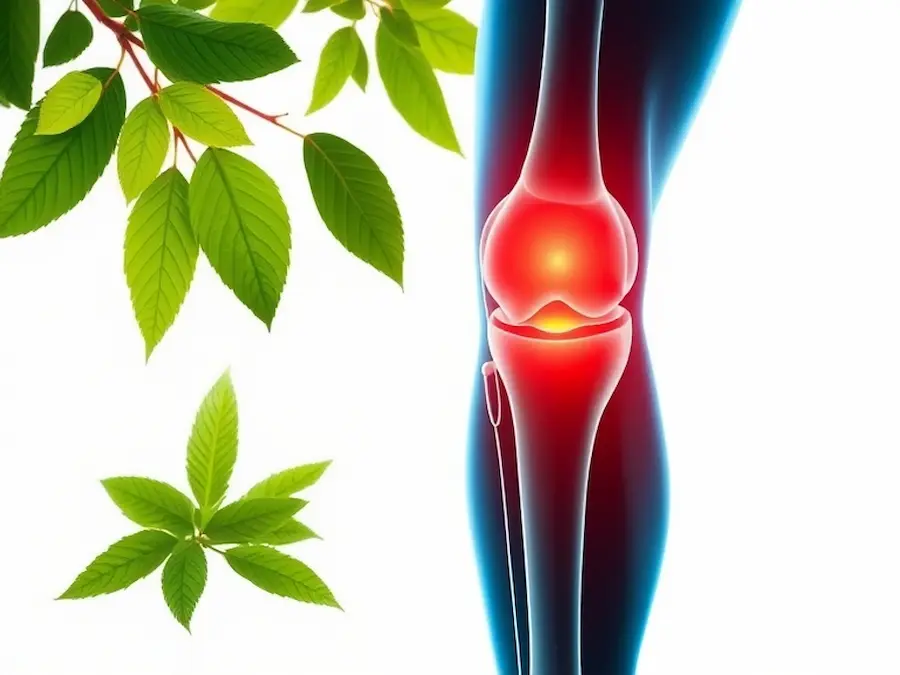
Many people experience knee joint pain as they age, leading to searches for natural remedies or medical interventions. Common questions such as “What’s new in knee joint pain treatment?” mirror a surge in the quest for comprehensive, social determinants-sensitive solutions. These days, while the latest treatments involve regenerative therapies and cutting-edge pain relief techniques, natural home-based remedies are also thriving. Anti-inflammatory herbs like turmeric (the golden herb for arthritis), ginger, and garlic help to alleviate the pain.
https://valuablerecipe.com/gastroesophageal-reflux-disease-gerd/
Omega-3-rich foods benefit the joints by lubricating them. Omega-6 and fruits such as cherries and oranges help fight against inflammation. Many also ask, “What works as the best exercise for knee joint pain?” “Are you using heat or cold for massage?” The recommended exercises, such as swimming, yoga, and strength training, promote joint health. Also, applying a cold compress can help relieve swelling, while heat application relaxes stiff muscles. In addition, removing foods that trigger more inflammation, such as sugary processed stuff or red meat and things like nightshades, can lead to less severe symptoms—finding the Best Herbs, Vitamins, and Pressure Points For Knee Pain, Natural Remedies, and Dietary Changes for Successful Relief.
Real-Time Statistics on Knee Pain Treatments and Natural Remedies
Final Thoughts
Living with knee joint pain is both tricky and painful, and can interfere with your day-to-day life; however, you do not always need expensive drugs and surgeries to deal with this. Including beneficial herbal recipes and home remedies, such as turmeric, ginger, Boswellia, peppermint oil, etc., can help reduce inflammation, relieve pain, and limit joint movement. Since they are herbs with scientific backup, these give a much healthier and more convenient way of addressing them than conventional medications, especially when it comes to long-term management of knee pain.
Another essential component, alongside other lifestyle changes, is herbal remedies and tips like anti-inflammatory foods and exercise. Combining such holistic methodologies leads to a composite remedy for knee irritation that is way more sustainable and natural than artificial treatments.
Some of you may be suffering from overuse and have simple knee joint pain, while others suffer from more persistent joint conditions like arthritis. Either way, this article’s options should help provide some natural support for your knees. As always, consult your provider before beginning any new treatment regimen, and if you have underlying health conditions.
https://valuablerecipe.com/natural-restoration-of-hormonal-balance/
By adopting these herbal remedies and holistic approaches, you can deal naturally and effectively with knee pain to some extent. Hideaki Tomio keeps such cell scrubbing, which most likely does not properly quench curcumin extract’s inflammation-blocking activity.
FAQs for natural remedies and solutions to manage knee pain.
Q1: What are the best natural remedies for knee joint pain and inflammation?
By their anti-inflammatory actions, these herbal remedies, like turmeric, ginger, and Boswellia, often work amazingly to reduce knee pain. The combination has turmeric, loaded with curcumin—an anti-inflammatory like no other to lower swelling—and ginger for the pain-lowering effects alongside improved joint mobility. On a related note, peppermint oil taken topically can help calm the skin down as it cools things off. There are also natural treatments, like Epsom salt baths and willow bark, since they have an aspirin-type effect.
Q2: What is the quickest route to alleviating pain in the knees?
The following are some of the best ways for instant knee pain relief. Back-to-Top Combination of Ice Therapy With Over-The-Counter Pain Relievers: This combination effectively reduces knee pain quickly. Icing the area for 15-20 minutes every few hours can help decrease swelling and numb pain. Gentle exercises such as knee stretches can boost blood flow and improve mobility. If you need your pain taken care of as soon as possible, slathering on cream with menthol or capsaicin can provide relief in minutes.
Q3: What are the home remedies for old-age knee pain?
Aloe vera, Boswellia, and Turmeric are the best herbal remedies for knee pain to relieve older individuals. Eases stiffness and inflammation: Boswellia has anti-inflammatory benefits like NSAIDs without side effects (Turmeric). Rubbing a little eucalyptus oil or peppermint on the crown of your head is said to help by providing some pain relief. Consistently applying apple cider vinegar as part of a warm compress or ingesting it in beverage form will enhance joint flexibility and ease pain.
Q4: Herbs that improve joint Lubrication?
Herbs like aloe vera, flaxseeds, and evening primrose also help provide lubricant for the joints. Aloe Vera for Joint Flexibility Lignin & Aloe: The lofty polysaccharide in aloe vera offers natural joint lubrication, making your joints work smoothly and reducing the risk of clashes. Flax Seeds Growth, Fatty Acids. You have poverty and good flavor. Three Ensis acids because they are imitations of the web and separate inflammatory reactions. (Evening primrose oil) It is also helpful in decreasing joint stiffness and strengthening the health of synovial flaps in Articular Kness.
Q5: How to Get Rid of Knee Joint Pain with Indian Home Remedies?
Turmeric milk Methi seeds (fenugreek) Rub with castor oil. Consuming warm turmeric milk at night decreases inflammation, while soaking fenugreek seeds overnight and on an empty stomach in the early morning will relieve joint pain. Warm castor or mustard oil massage on the knee increases blood circulation and alleviates pain.
Q6: What Is The Best Painkiller For Knee Joint Pain?
NSAIDs, ibuprofen, and naproxen are most frequently prescribed for knee pain because they reduce inflammation and help with the symptoms of Arthritis. Acetaminophen is also suitable for more severe pain, but it does not tend to cause inflammation. This is still a direct approach most practitioners recommend often, but people looking to take natural compounds rather than drugs probably have their top choices of pain-reducing constituents, such as turmeric and willow bark; both act much like aspirin with fewer side effects.
Q7: How can knee grease be increased with home remedies?
Omega-3 fatty acids are perfect for developing lubrication in the knees, so improve your daily diet regularly with foods like flaxseeds, chia seeds, and salmon. In the meantime, the fats enhance joint lubrication and make motion smoother. Topically applying aloe vera gel will also provide moisture and decrease the friction that causes joint pain. Drinking lots of water and bone broth to keep the joints lubricated becomes a vital part naturally inside the lubricated joints (synovial fluid).
Q8: What is about Arthritis Golden herb?
Curcumin is an active compound in turmeric. It has anti-inflammatory solid capabilities and is a very potent antioxidant. That’s why turmeric (also known as the Golden Herb for Arthritis) can benefit people who suffer from arthritis pain. Curcumin is supportive in arthritis and reduces pain, swelling, and stiffness. Particularly valuable in aiding chronic pain from osteoarthritis and rheumatoid arthritis, turmeric can be taken as a supplement, tea, or an ingredient for cooking.

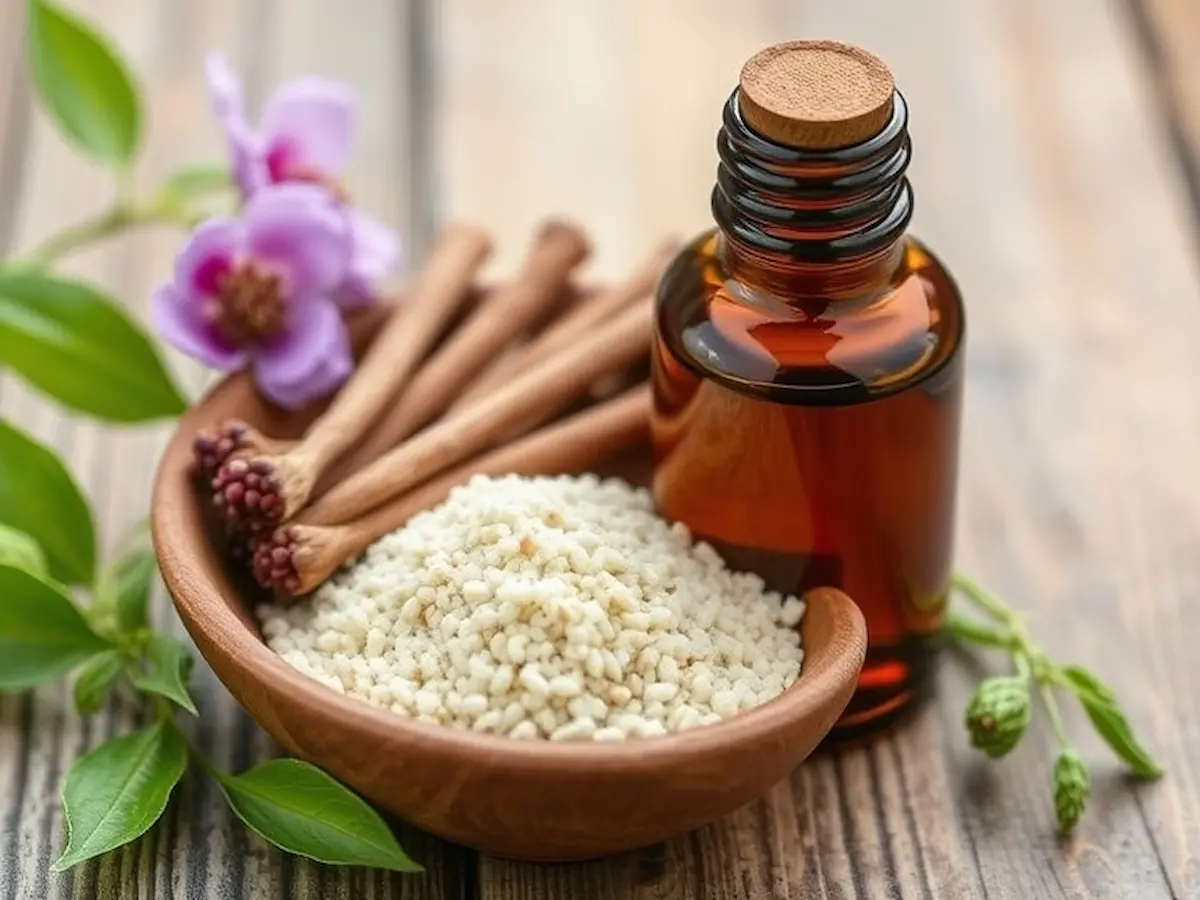
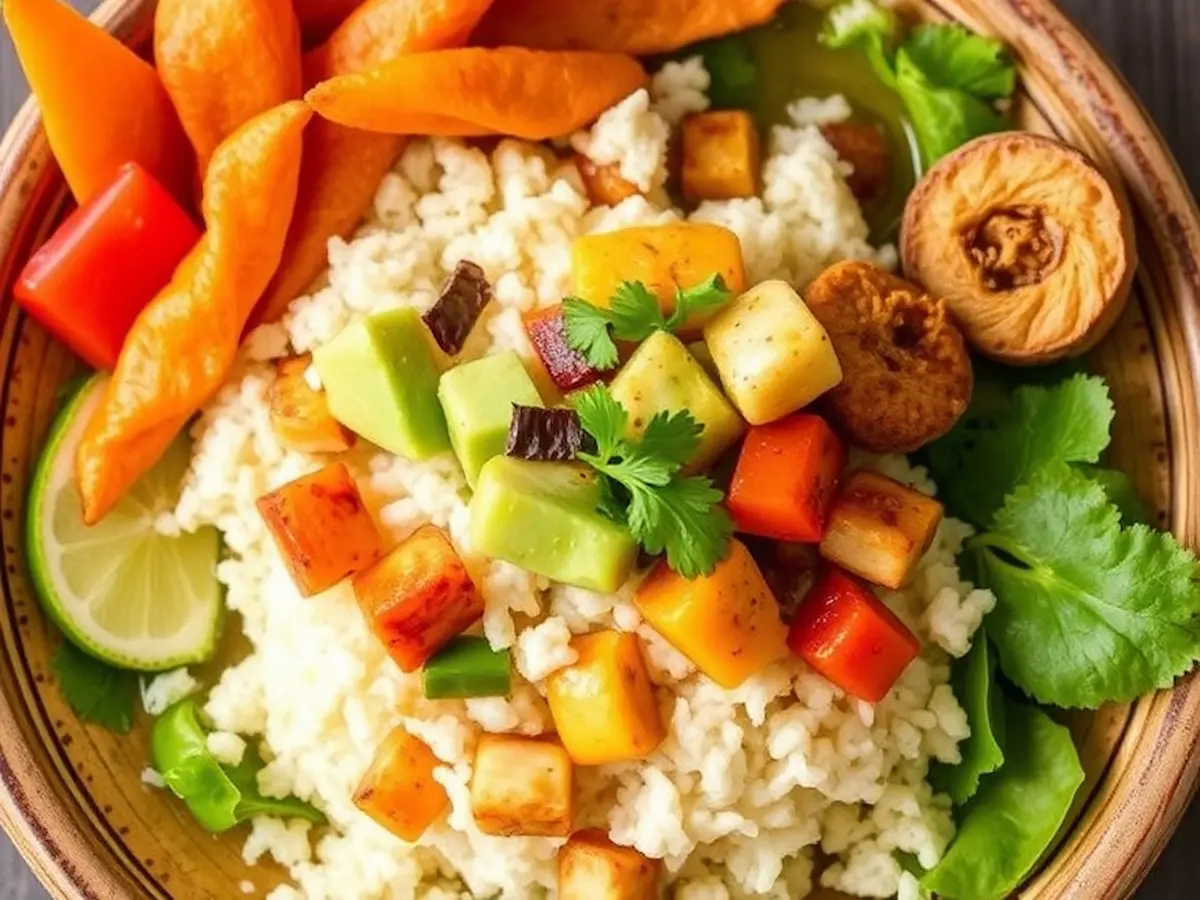
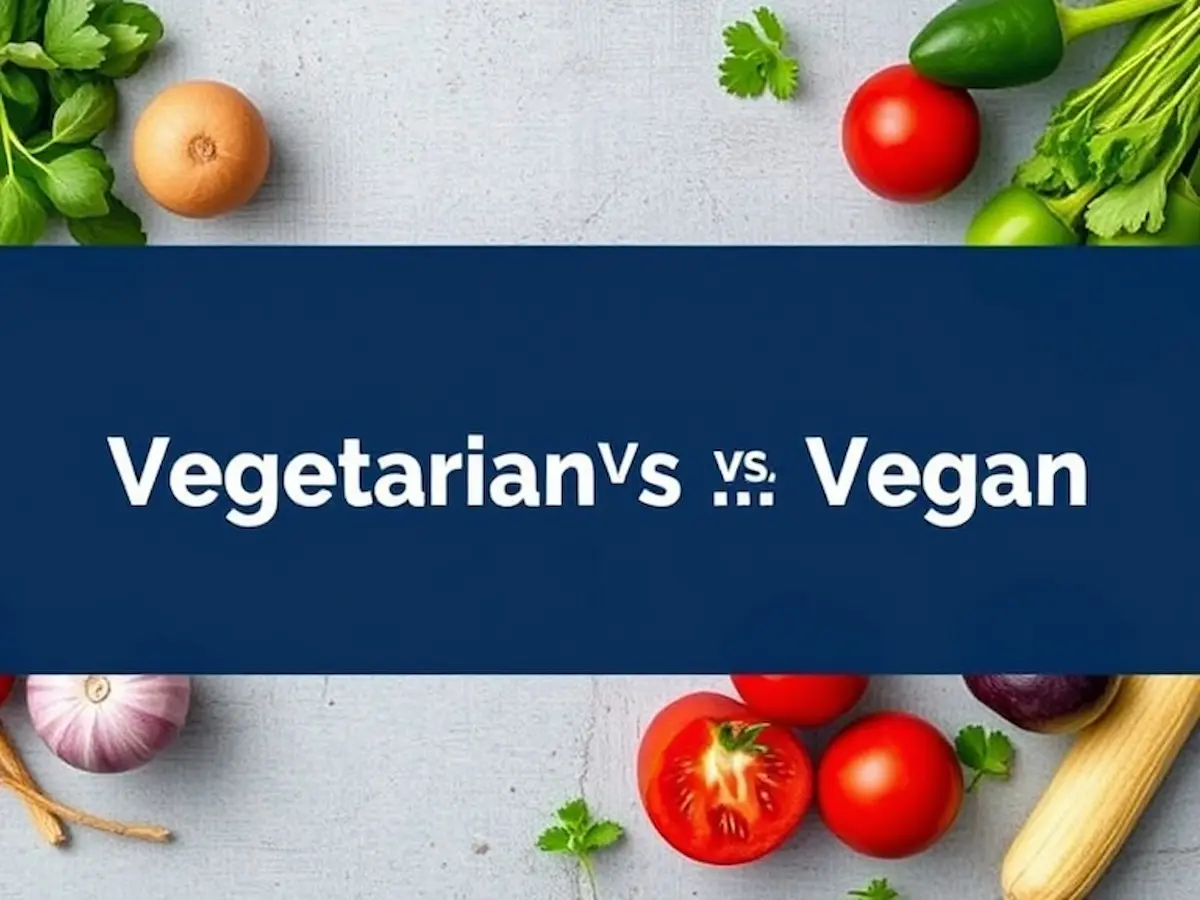


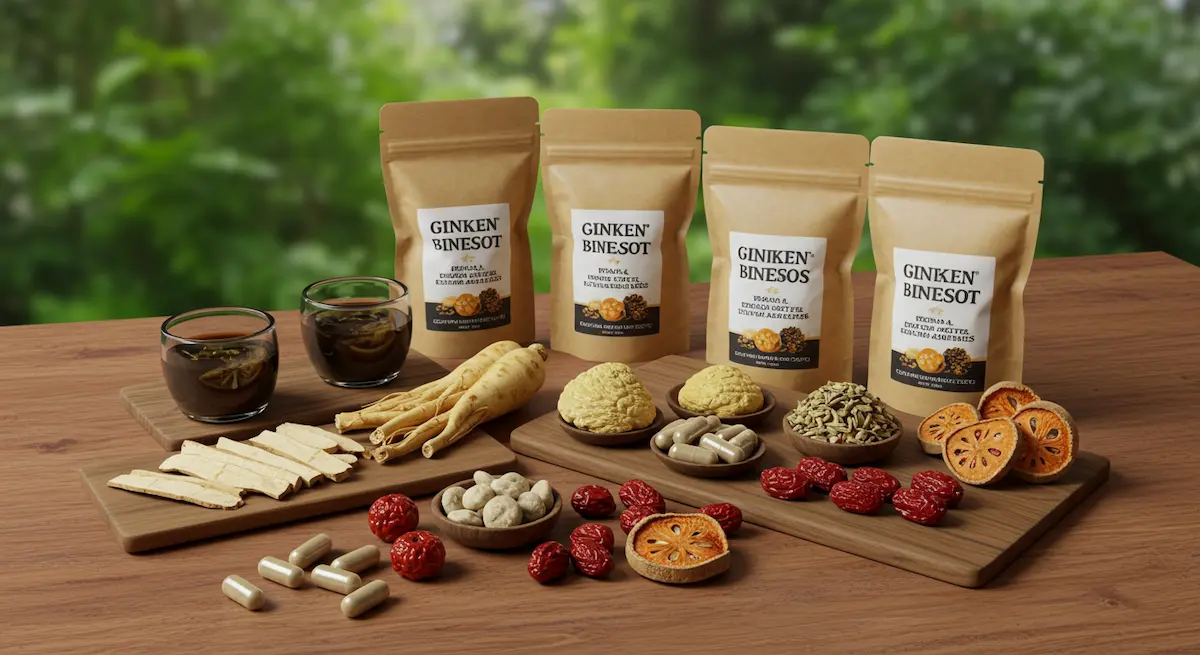


Pingback: Homemade Chicken Shawarma Wraps: 3 Genius Hacks To Nail Street Food Flavor At Home